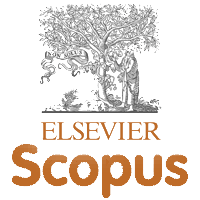Adaptive Image Color Enhancement for Different Times of Day: A Machine Learning Approach
Abstract
In the context of space missions, inadequate illumination in space stations frequently degrades picture pleasant, hindering an intelligent robot's potential to as it should be discover tools for on-orbit maintenance. This study introduces a unique method for enhancing low-illumination photographs the usage of a deep mastering set of rules, particularly a deep convolutional Wasserstein generative adversarial network (DC-WGAN) included inside the CIELAB colour area. The method involves changing snap shots from RGB to CIELAB shade space, which aligns extra intently with human visible belief, taking into account specific illumination estimation and mitigation of uneven lighting fixtures outcomes. By employing DC-WGAN to decorate the brightness aspect via an extended era community, the algorithm captures and amplifies important photograph features. The stronger LAB photographs are then converted back to RGB area to produce the final improved photos. The effectiveness of this approach is tested thru experiments under wellknown, special, and realistic conditions, demonstrating advanced overall performance as compared to 4 typically used algorithms. This studies affords a important technological advancement for enhancing robot target reputation and renovation operations in area environments.





